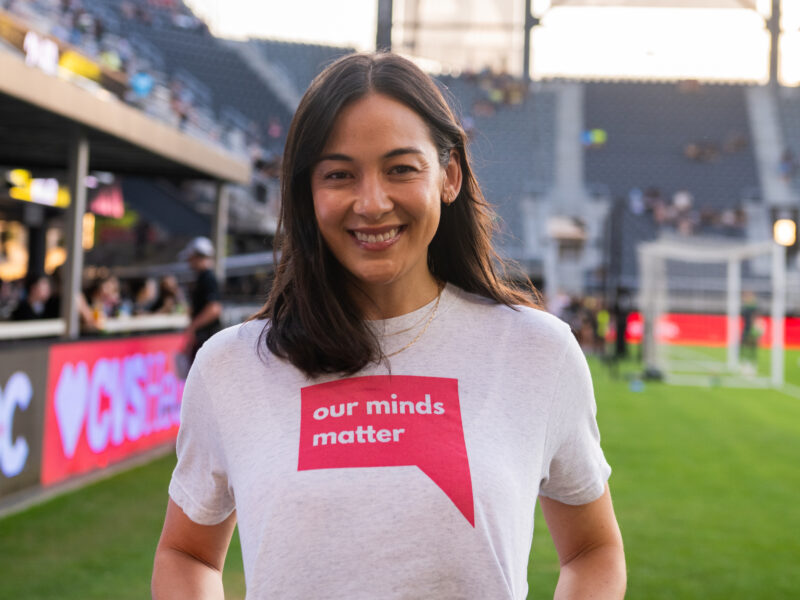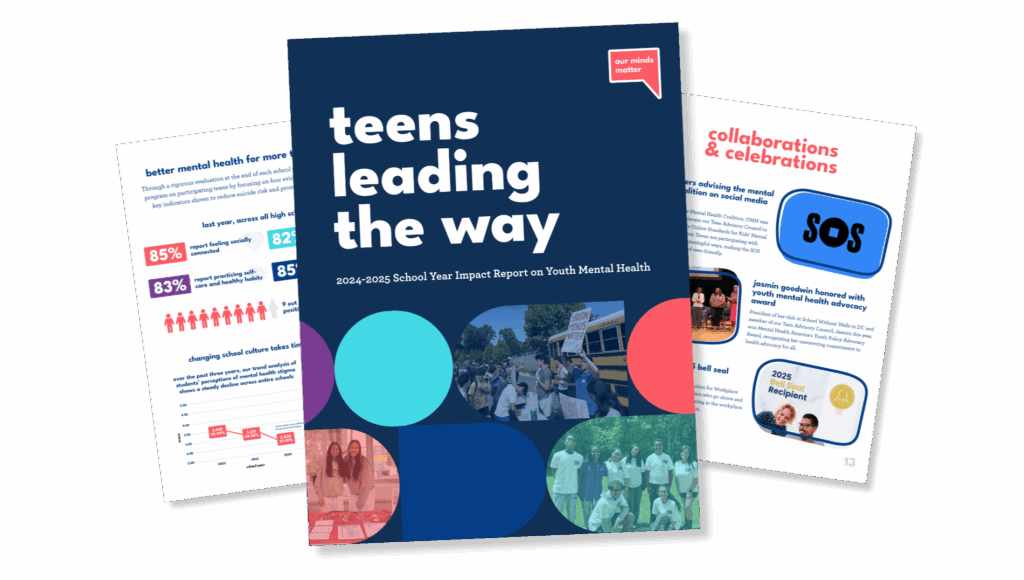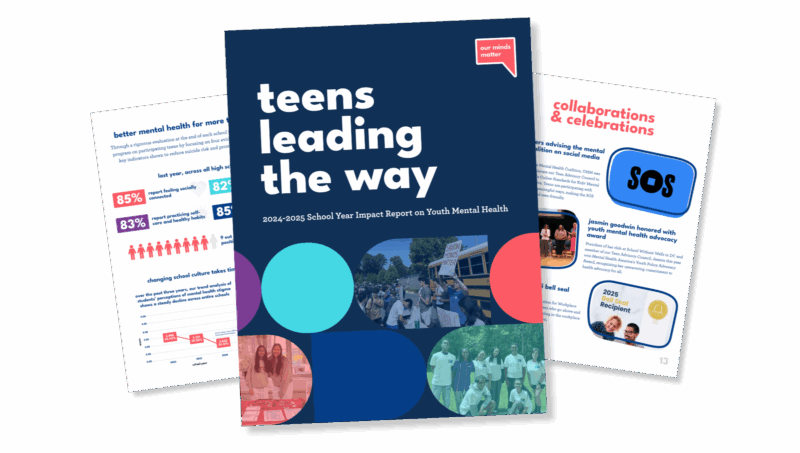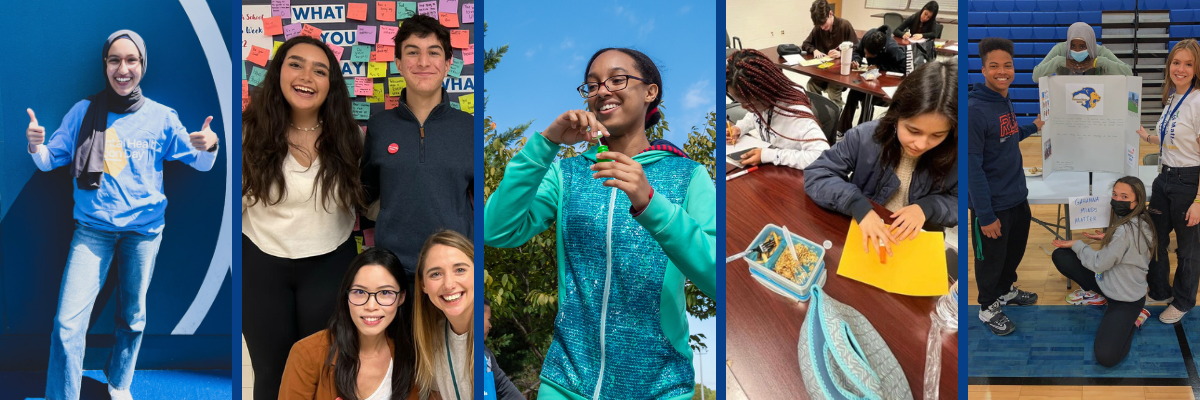2024-2025 impact report
teens leading the way for youth mental health
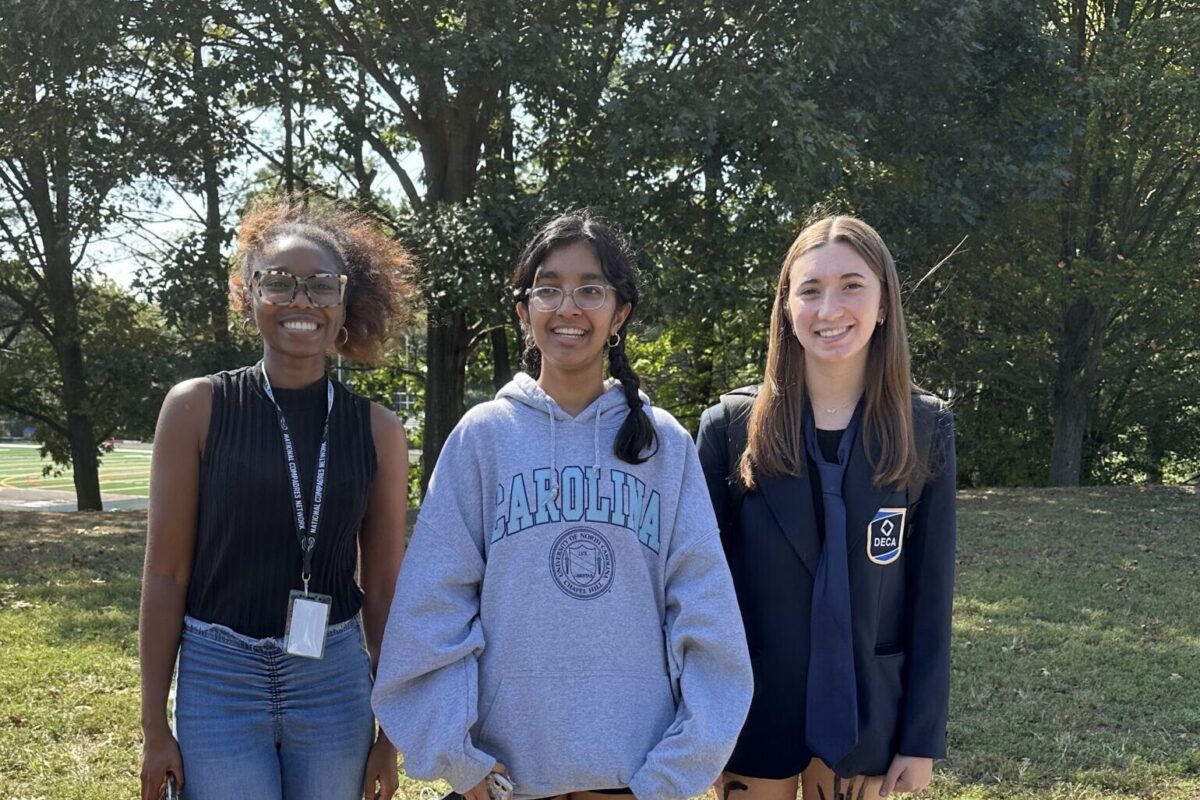
dear friends & supporters,
In this difficult and unpredictable year, our community has truly wrapped its arms around us. Despite the financial uncertainty, we’ve stayed resilient. I’m so proud of where we are, and so deeply grateful to all of you for enabling our impact.
Looking back at the 2024-2025 school year, the effectiveness and scalability of our OMM club model is more clear than ever, thanks to the support of people like you. In a time when teens face high anxiety and uncertainty, our model has ensured we can keep showing up and moving our mission forward—to a day when no teen dies by suicide.
Despite all of the uncertainty today—and knowing that more budget challenges are coming—I am deeply heartened by how mental health champions like you are maintaining focus, sharing, and investing in the proven interventions that can measurably effect change.
Your generosity and strength gives me so much hope. Young people today will build the society of tomorrow, and so the investments you’re helping us make in young people’s resilience and coping skills are the foundation of our future.
From the bottom of my heart, thank you for being part of this community!
—High school club member“omm has brought me out of a dark place and has brought me joy knowing that i’m not alone and that there are brighter days ahead.”
impact at-a-glance
156 clubs
in high schools, middle schools, and teen centers
3,710 teens
directly participated in clubs
30% increase
over the 2023-24 school year
279 teens
took on leadership roles
1,190 meetings
during and after school hours
218 campaigns
for school-wide kindness & care
87,000+ teens reached
through campaigns led by teens themselves
we assess our impact on participating teens according to 4 evidence-based “protective factors.”
these 4 factors have been shown to reduce suicide risk and promote overall mental well-being.
Last year, across all high school clubs:
85%
of participants report feeling socially connected
83%
report practicing self-care and healthy habits
85% of teens
report confidence in supporting peers struggling with mental health
82%
report willingness to seek help
changing school culture takes time, but progress is clear
over three years, our trend analysis of students’ perceptions of mental health stigma shows a steady decline across entire schools:
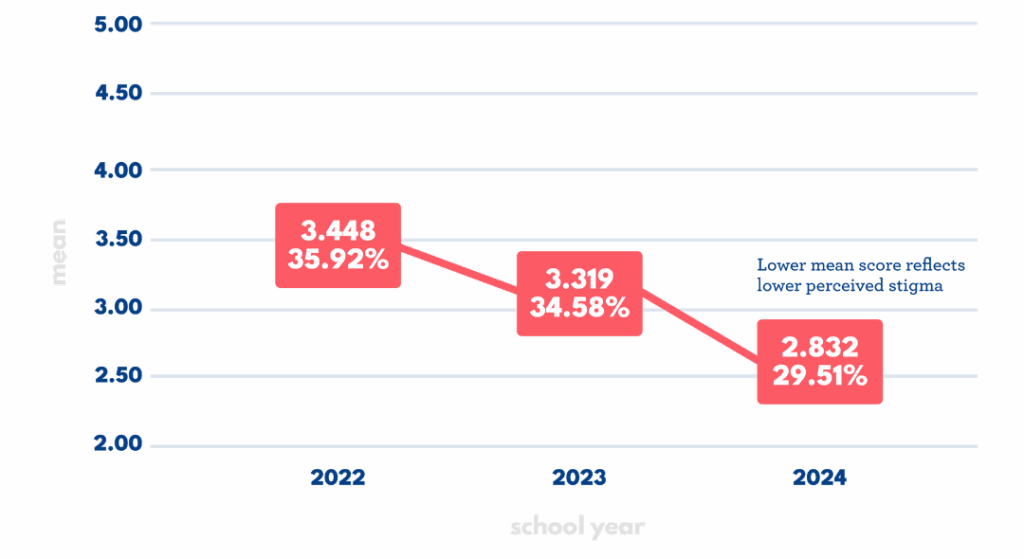 This provides evidence that OMM is helping to break down stigma and create more spaces for dialogue around mental health.
This provides evidence that OMM is helping to break down stigma and create more spaces for dialogue around mental health.
club demographics
Our data shows OMM’s inclusive design works. LGBTQ+ and BIPOC students report similar levels of social connectedness within their clubs as their straight and non-BIPOC peers do. Combined with qualitative feedback, these findings indicate clubs serve as safe, affirming spaces where LGBTQ+ and BIPOC students feel a strong sense of belonging.
—High school club member“omm has really positively impacted our school’s mental health culture because it has opened up a safe space for students.”
club demographics
race/ethnicity
- Black - 29.5%
- White - 26.2%
- Hipanic/Latine - 19.2%
- Asian - 14.7%
- Not categorized - 6%
- Multiracial - 4.4%
grade level
- 12th - 35.3%
- 11th - 18.1%
- 10th - 15.0%
- 9th - 12.0%
- 8th - 5.7%
- 7th - 6.4%
- 6th - 7.4%
sexual orientation (high school only)
- Heterosexual - 61.6%
- LGBTQ+ - 22.6%
- Prefer Not to Answer - 15.8%
gender
- Cis-man - 20.6%
- Cis-woman - 68.9%
- Transgender, Nonbinary, Genderqueer - 5.2%
- Not Sure / Prefer Not to Answer - 8.7%
Demographics data sources: Race/Ethnicity, District partner data and NCS; Grade level, club sign-in form; Sexual orientation, 2024-2025 exit poll (note that data for sexual orientation is only available for high school students); Gender, 2024-2025 High school, middle school, and teen center exit polls.
district partnerships
We have close partnerships with four large public school districts in the Washington, DC area. Working hand-in-hand with district leadership helps us reach a critical mass of teens in the region while coordinating with many available services, a holistic—and effective—approach.
100% of district partners reported high satisfaction with our work last year.
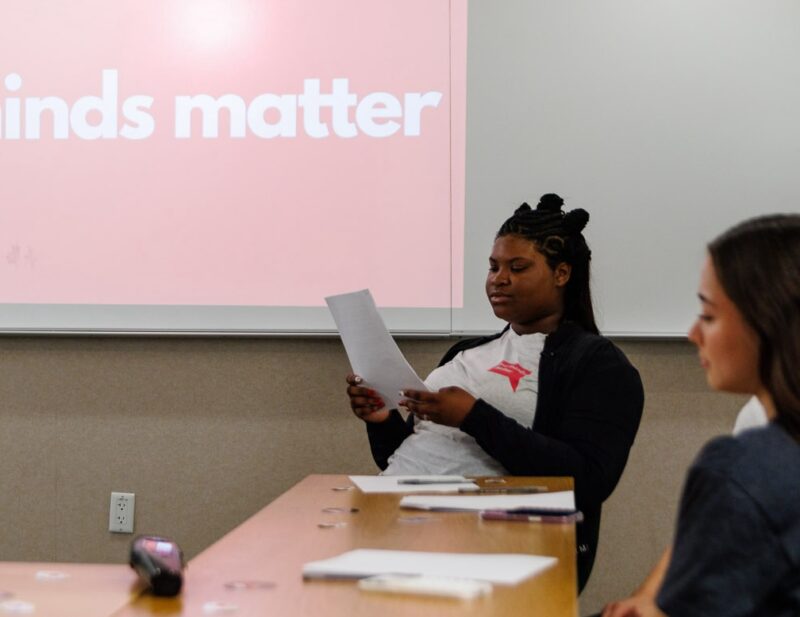
lifting youth voices into city-wide funding decisions
In February, five student leaders from DC-based Our Minds Matter clubs testified at the Council of the District of Columbia’s 2025 Budget Oversight. They shared their personal experiences with mental health to deliver powerful statements advocating for continued funding to ensure that all students have access to quality mental health resources.
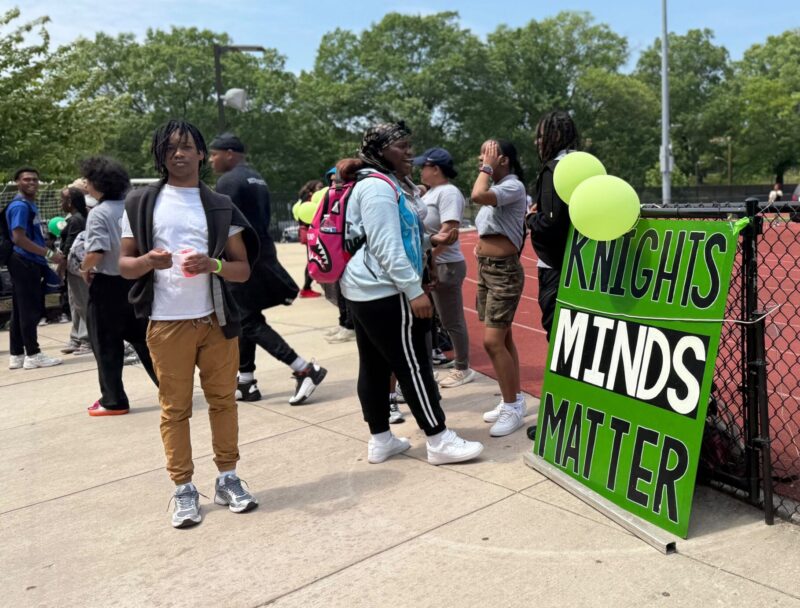
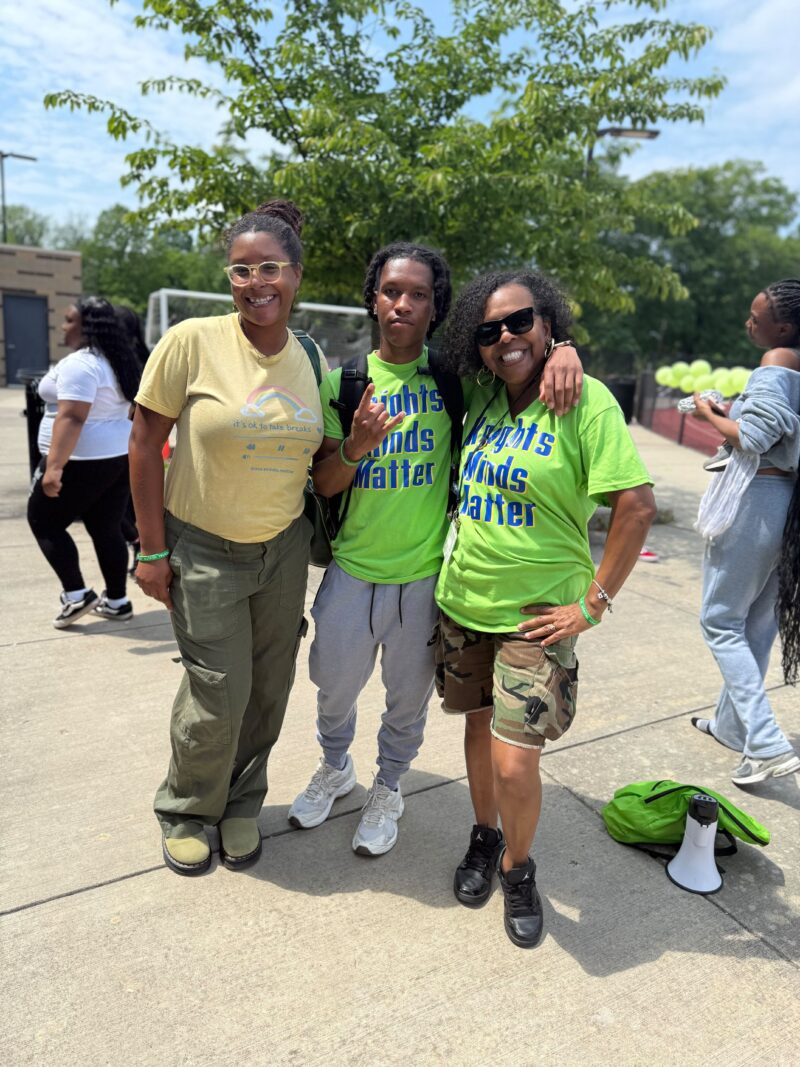
walking for physical & mental health in Ward 8
Every spring, Knights Minds Matter at Ballou High School hosts a school-wide walk to promote taking care of your physical and mental health. This year’s event featured hot dogs & slushies, a live DJ and support from 93.9 WKYS! These kinds of school-wide campaigns reach exponential numbers of teens.
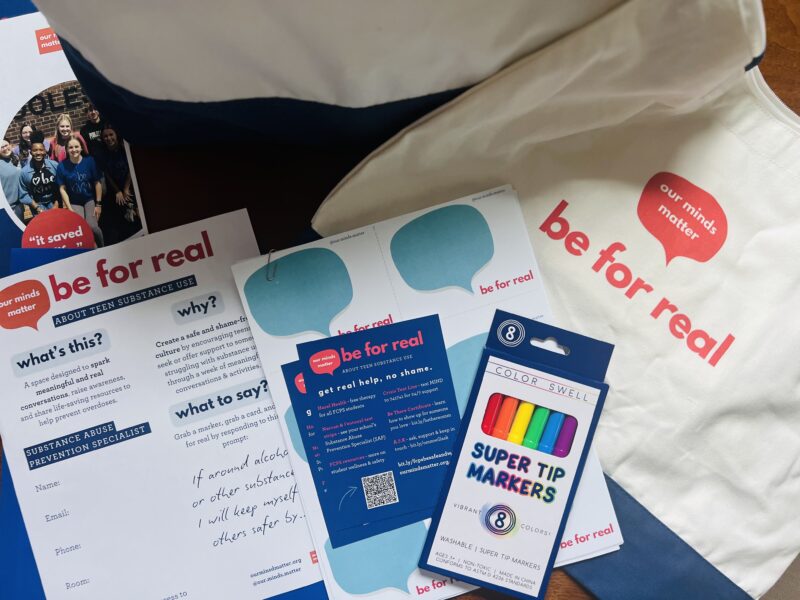
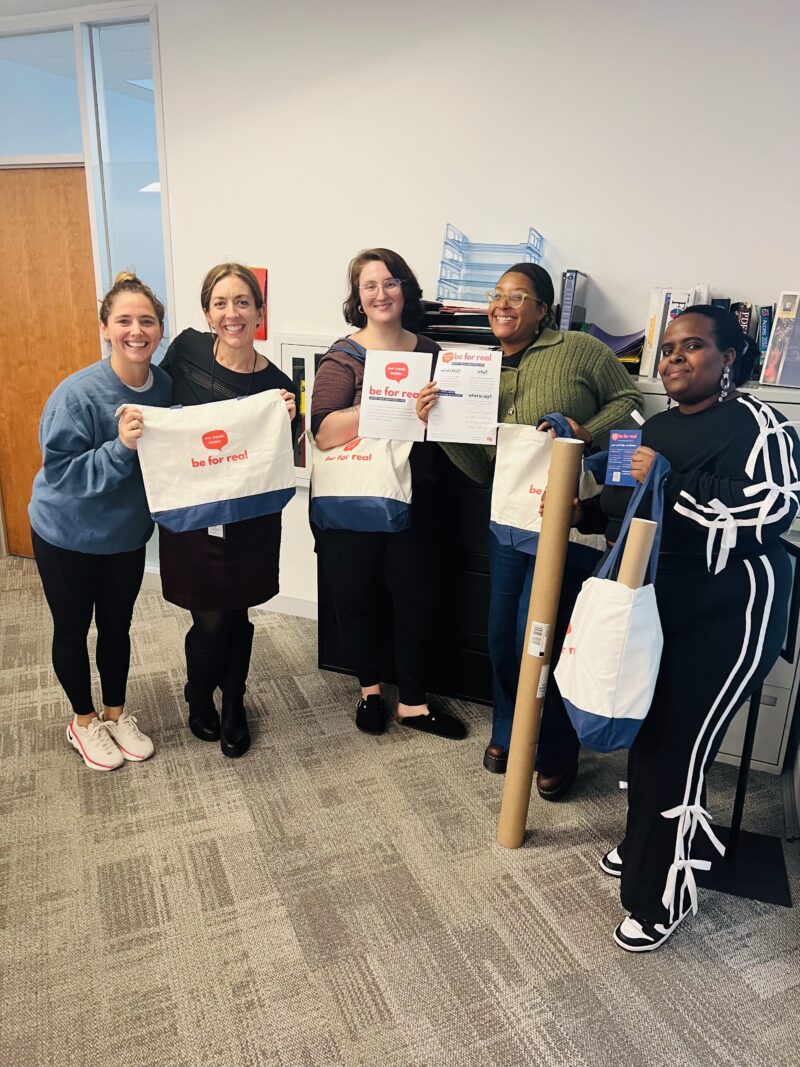
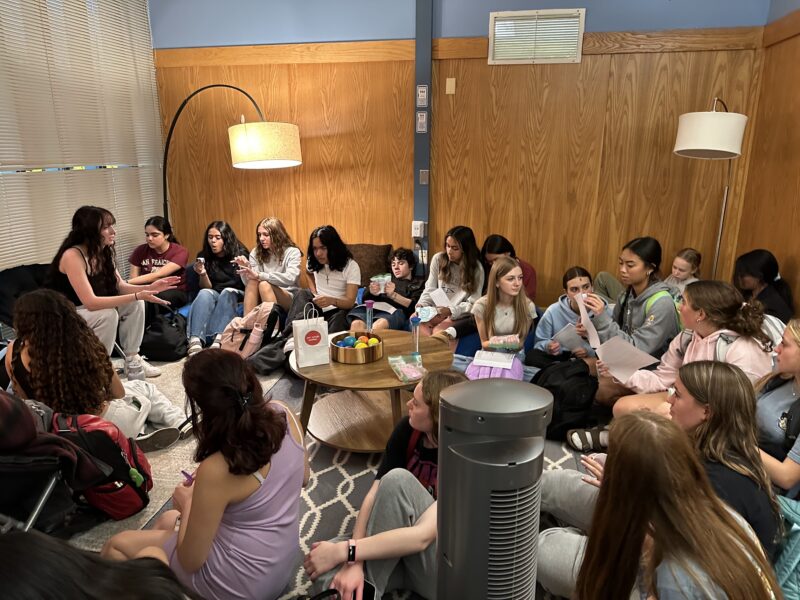
"be for real" substance use campaign across fairfax county
When our partners in FCPS asked for our help, we created a stigma-reducing, harm-reduction initiative called “Be for Real.” We packaged campaign kits and educational materials for every high school and middle school in the county.
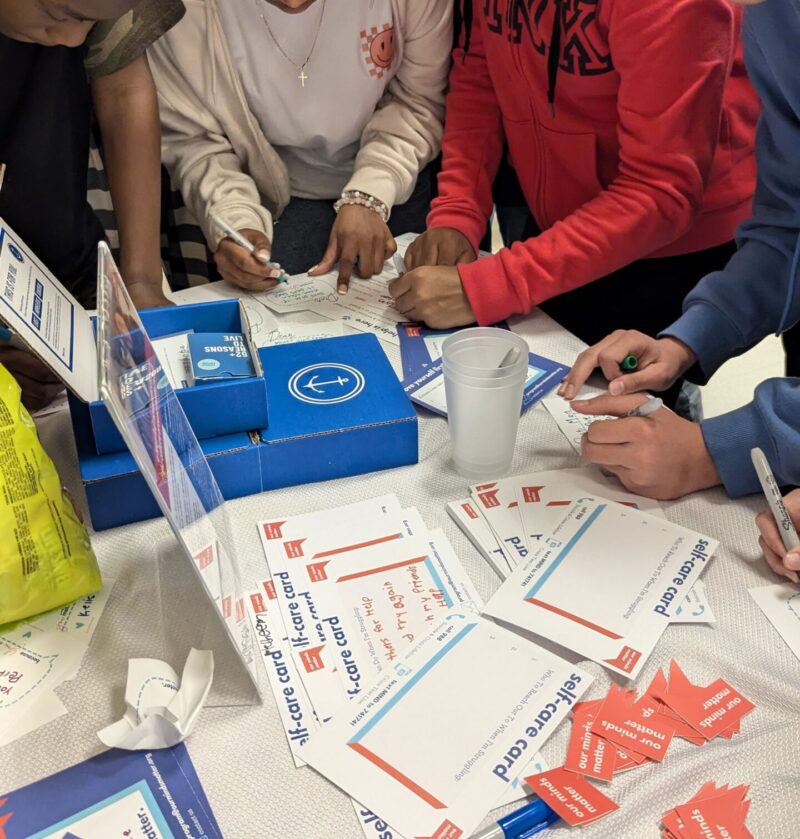
black mental health and wellness fair in Montgomery County
This spring, we were recognized during Montgomery Blair High School’s Black Mental Health and Wellness Fair. All our district partners ask us several times a year for support and participation in fairs, events, and roundtables like this, opening opportunities to share with the broader community—which is a testament to how highly our resources are valued.
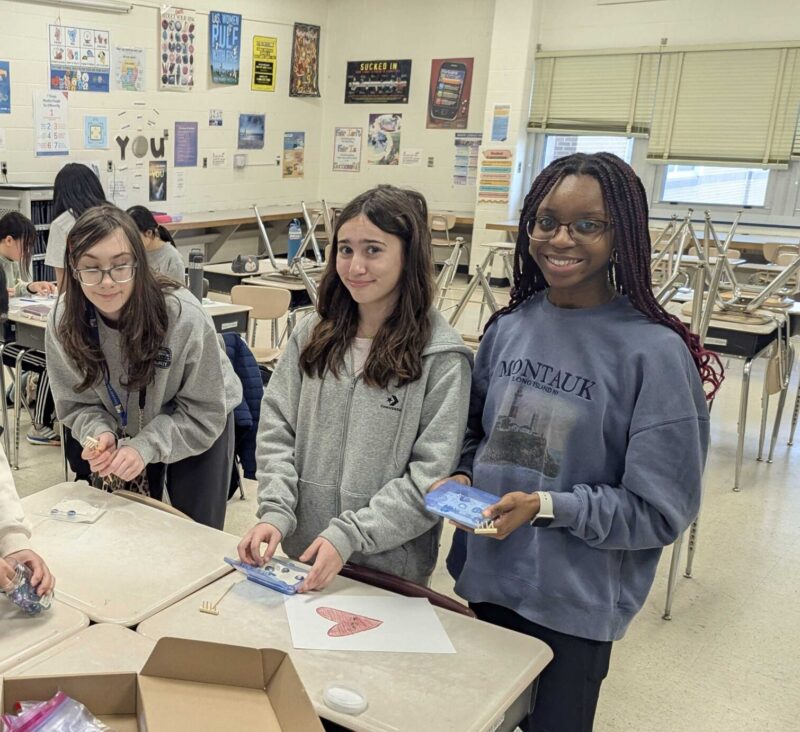
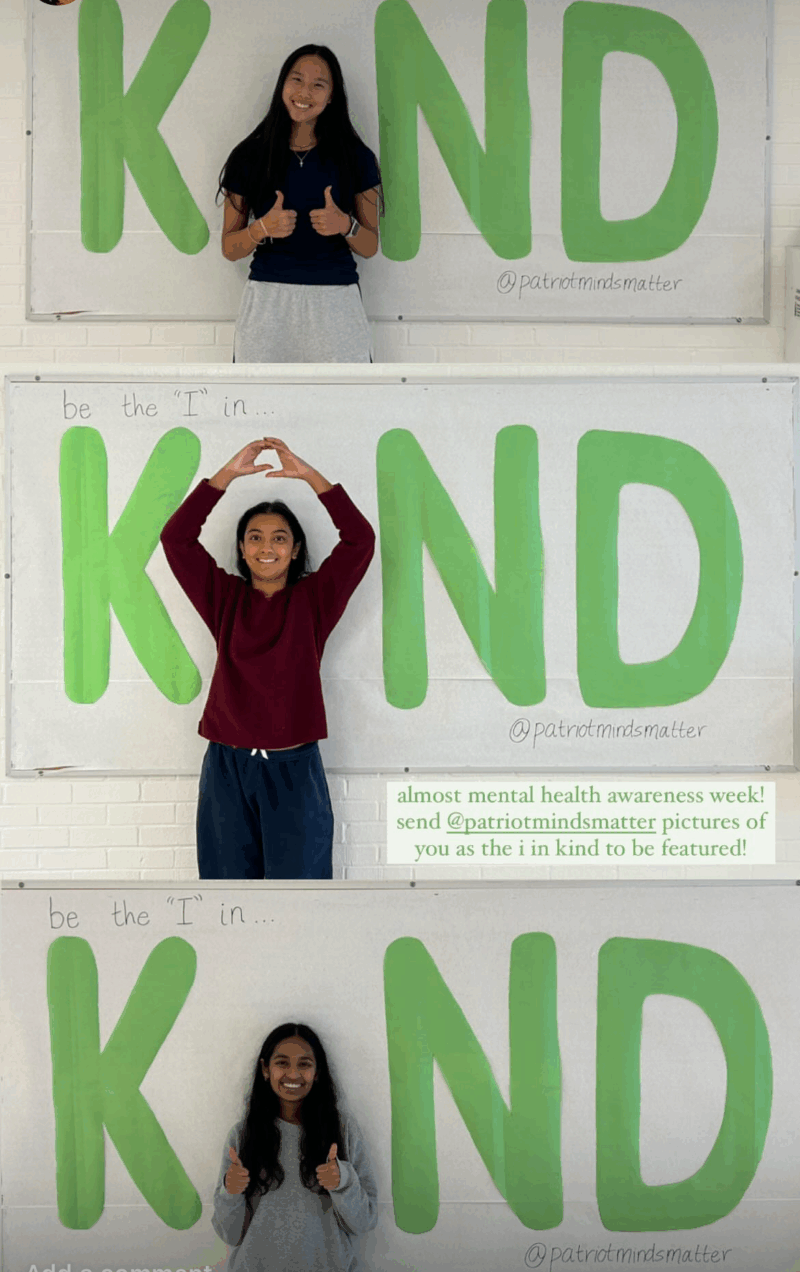
bridging leadership from middle to high school
At Montgomery County’s Robert Frost Middle School, the OMM club sponsor asked alumni who had graduated on to high school to come back for a visit—and continue their mental health advocacy by supporting the future of the club.
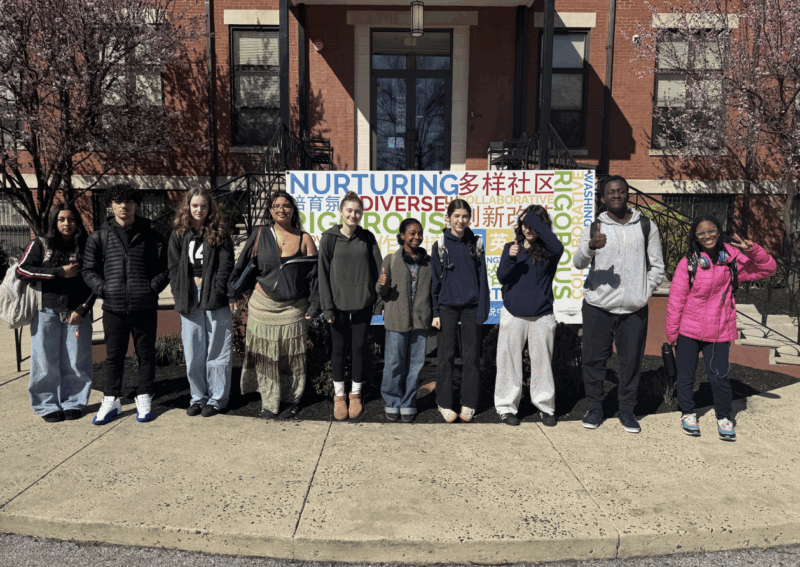
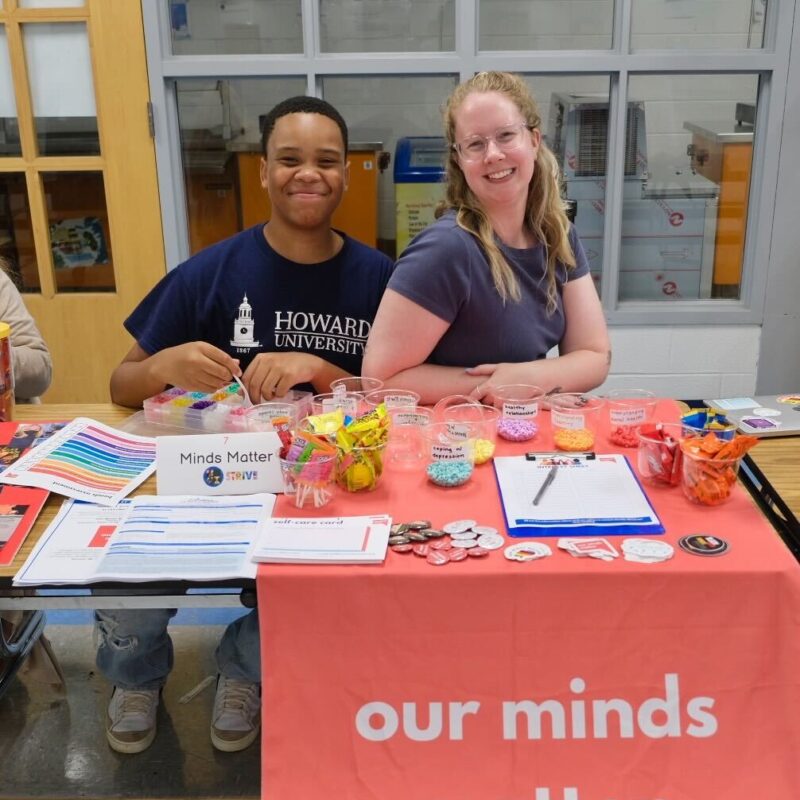
a blueprint for expansion & scale
Last year, we launched a new expansion of our program to all of the public charter high schools in Washington, DC. In the first six months, we launched clubs in 8 schools, and are continuing to grow in the coming year. This success shows how we can effectively and rapidly launch the OMM program in a new school system—the key to our future growth and scale.
—High school club member“omm has taught me that i am not alone in my advocacy for mental health awareness.”
collaborations & celebrations
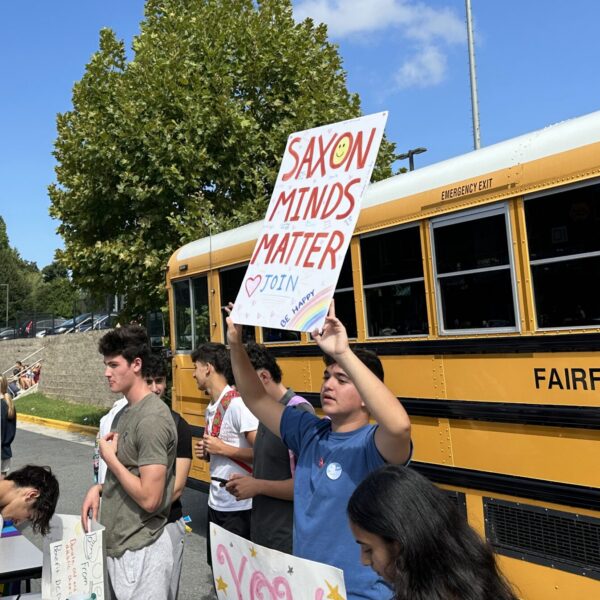
teen leaders advising the mental health coalition on social media standards
As a member of the Mental Health Coalition, OMM was proud this year to elevate our Teen Advisory Council to support the new Safe Online Standards for Kids’ Mental Health (SOS) initiative. Teens are participating with national experts in meaningful ways, making the SOS outreach engaging and teen-friendly.
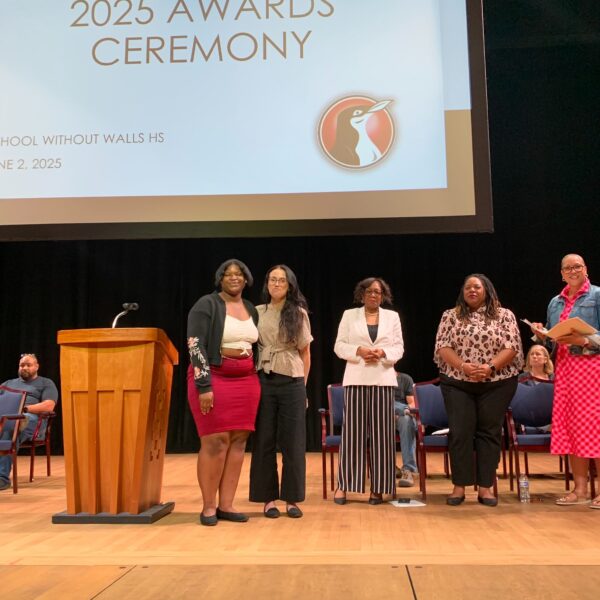
jasmin goodwin honored with youth mental health advocacy award
President of her club at School Without Walls in DC and member of our Teen Advisory Council, Jasmin this year won Mental Health America’s Youth Policy Advocacy Award, recognizing her unwavering commitment to health advocacy for all.
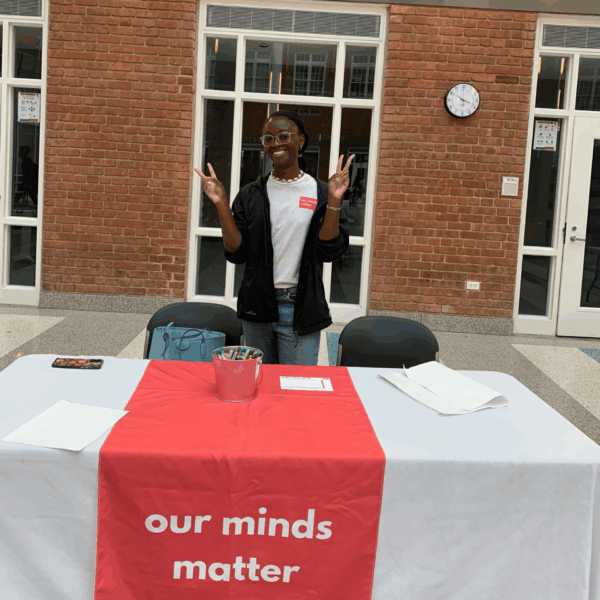
omm earns a 2025 bell seal gold certificate
This prestigious national certification for Workplace Mental Health recognizes employers who go above and beyond to prioritize mental well-being in the workplace—and we’re proud to be among them.
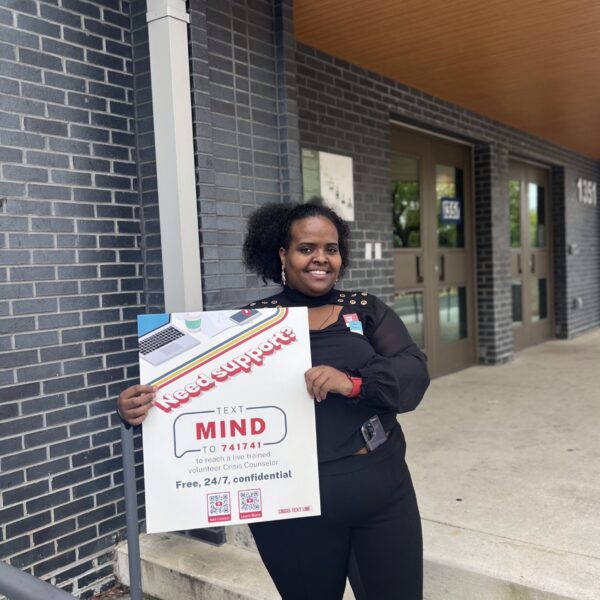
deepening partnership with crisis text line
Since 2021, our partnership has offered a dedicated 24/7 text support line for OMM clubs to share with their peers. Through deepened engagement this year, we’ve shared customized social media and promotion assets for our “MIND” keyword and are sharing learnings and mental health need trends in the region.
—Middle school club member“i liked meeting with others who were dealing with the same things as me. it made me feel like i wasn’t alone.”
financials
fy25 revenue: $2,019,303*
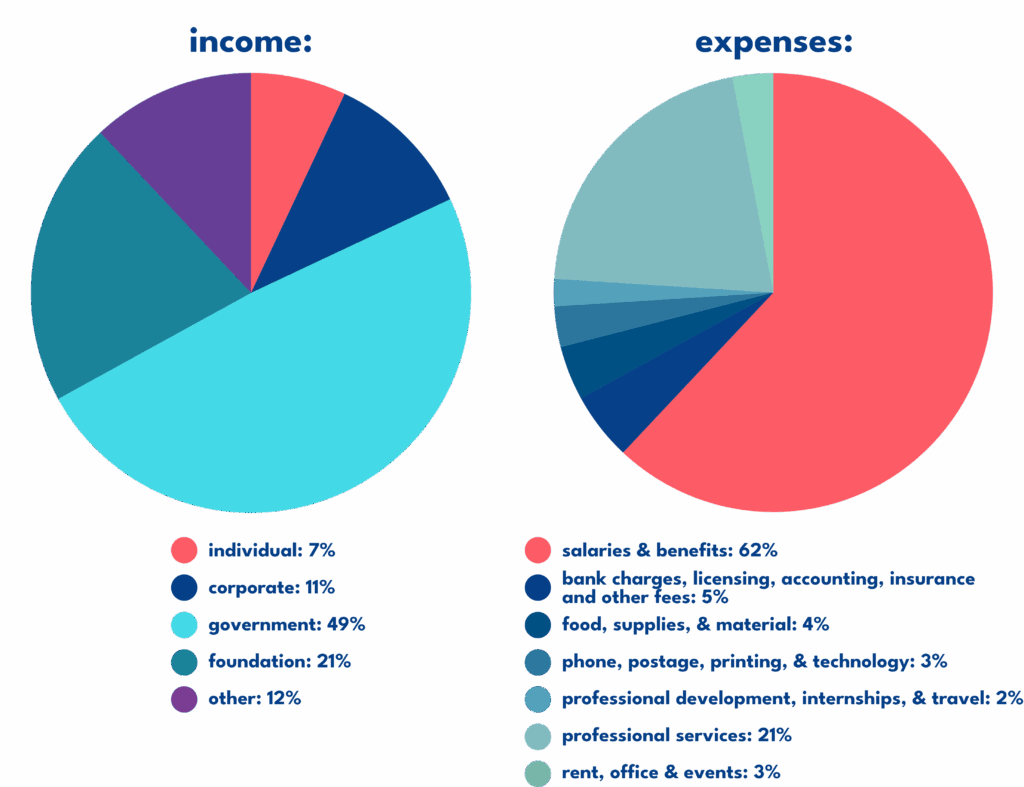 * Note: Due to GAAP accounting rules, revenue numbers may vary slightly from the totals in our 990 tax return.
* Note: Due to GAAP accounting rules, revenue numbers may vary slightly from the totals in our 990 tax return.
our partners
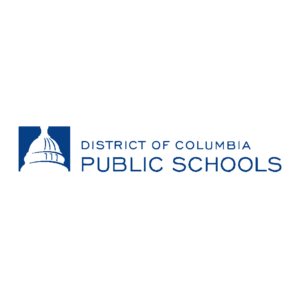

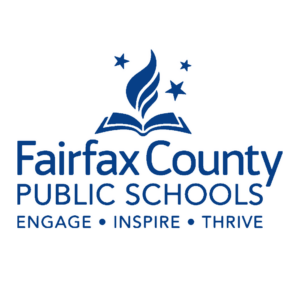
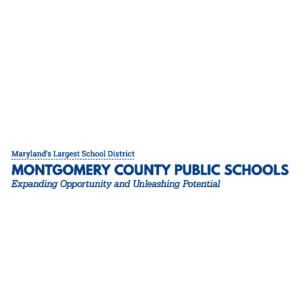
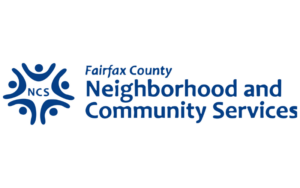
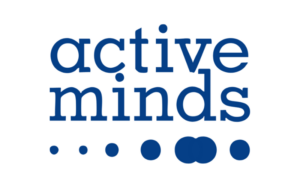
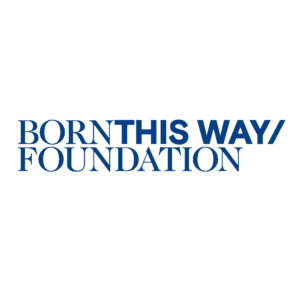
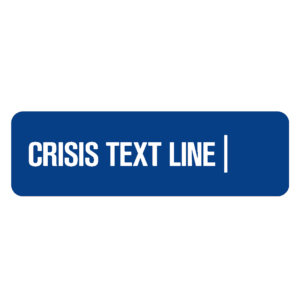
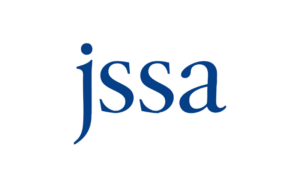
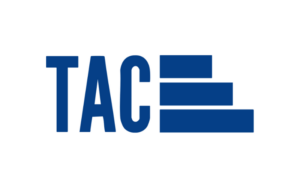
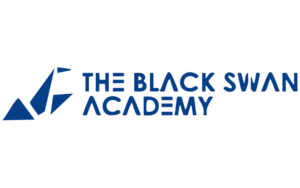
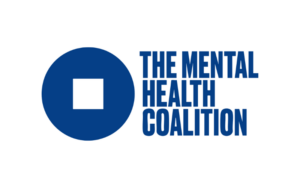

thank you for your support!
institutional funders
- County of Fairfax, Virginia
- J. Willard and Alice S. Marriott Foundation
- Jewish Social Service Agency
- Imagine Learning Foundation
- The Devon C. Rubenstein Foundation
- Government of the District of Columbia
- Healthcare Initiative Foundation
- Kettering Family Foundation
- Potomac Health Foundation
- Community Foundation for Northern Virginia
- iF: A Foundation for Radical Possibility
- MCPS Educational Foundation, Inc.
- Risa Fund
- Rosendin Foundation
- Anonymous
- Adventist Healthcare Community Partnerships Fund
- American Psychiatric Association Foundation
- Bill and Melinda Gates Foundation
- Van Metre Companies Foundation
- BlackRock
- Immanuel Presbyterian Church
- McLean Community Foundation
- Rockville United Church
- Spur Local
- The Ally Coalition
individual donors
- Anonymous
- Garchik Family Foundation
- David J. Parker and Althea W. Lee Charitable Gift Fund
- Community Foundation for Northern Virginia / The Sydalco Charitable Fund
- Jonathan Faubell
- Patrice King Brickman Family Foundation
- Sue and Tim Anderson
- Dudley Ward
- Diane C. Rhodes / Rhodes Family Foundation
- Aras Jizan
- Beth and Danny Werfel
- Marvin and Joanne McIntyre Family Foundation
- Nicole Rosser
- PSP Investments
- Rachel Kros
- Todd and Michelle Kingsley
- Amanda Shipe
- Andrew Davis
- Anthony and Kathleen LaBarbera
- Baker & Hostetler Fund, a component fund of the Greater Washington Community Foundation
- Bob Rosecrans
- David McAnulty
- Linda Ryan-Nicklas
- Kimmel Family Foundation
- Martha and Todd Armour
- Michele and Michael Bradshaw Charitable Fund
- Paul Roellig
- Serena Williams
- Sharon J. Kemmerer & Elizabeth L. Halsey Fund
- Todd Anderson
- Carylann Assante Pishner
- Christopher and Katie Kerrigan
- Community Foundation for Northern Virginia / Kara Foster-Bey Suicide Prevention Memorial Fund
- Community Foundation for Northern Virginia / Anonymous Fund
- Diane Ross
- Jean Yoon
- Jeffrey and Melissa Sporn
- Jessica Nichols
- Jim and Donna Blough
- Jim and Ellen Bullion
- Laura Gilbert
- Laura Przypyszny
- Lauren Mahaffey
- Maryellen Donnellan
- Michael Dunn
- Michael, Kelsey, Brenna, and Daniel Isman
- Puja Matta
- Robert Olcott III
- School First Education Consulting
- Sophie Hruza
- Steve McAuliffe
- Steve Stuban
- Steven Michael
- TJ Walsh
- David McAnulty
- Donna Rosser
- Gary Gayer
- Grayson Armour
- Jesse Garchik
- Linda Ryan-Nicklas
- Melissa Anderson
- TJ Walsh
Every donation makes a difference, and we are deeply grateful to all of our donors. Due to space constraints, we are only able to acknowledge $500+ donations made during our FY25 fiscal year (July 1, 2024 – June 30, 2025). If you notice an error in our reporting, please reach out to [email protected].
